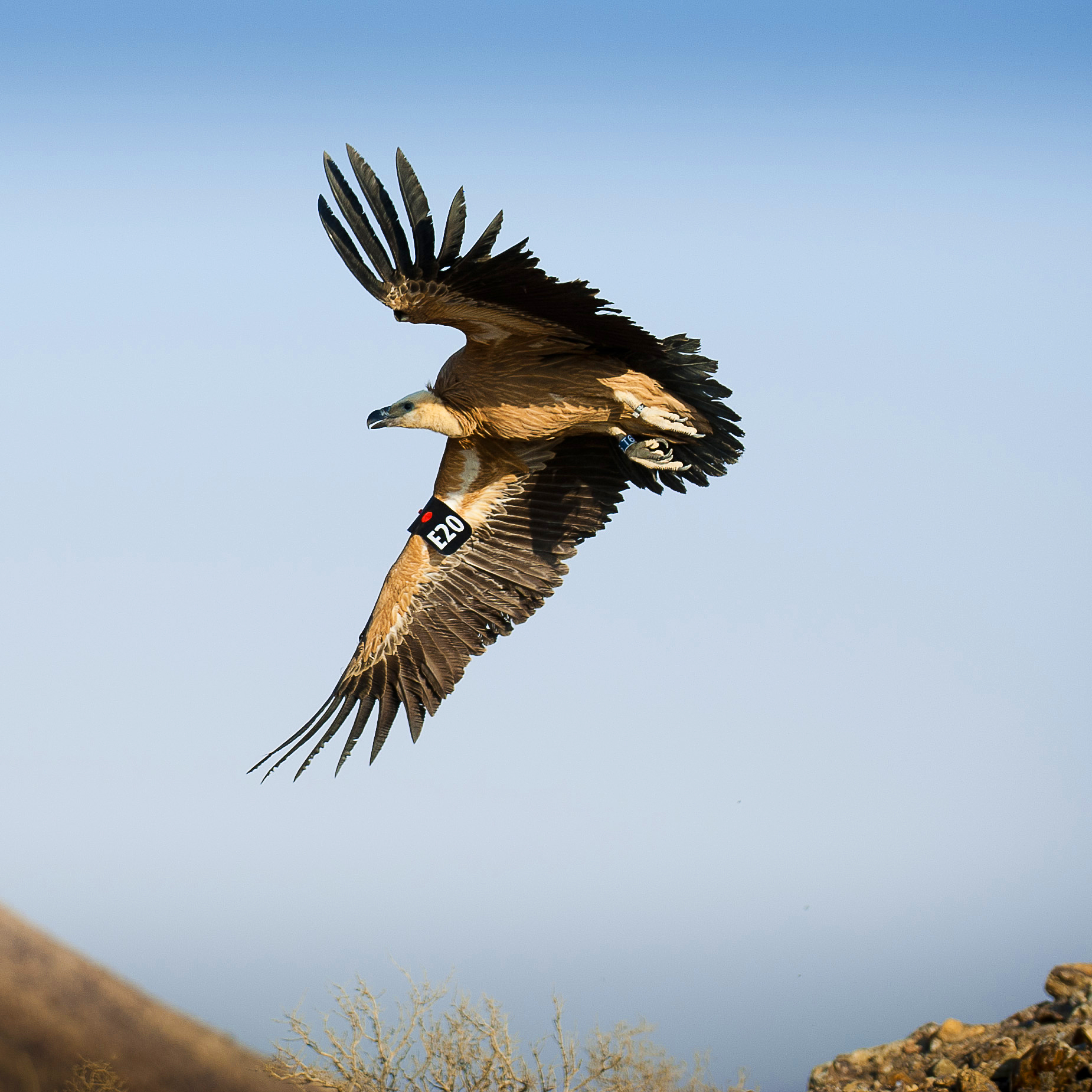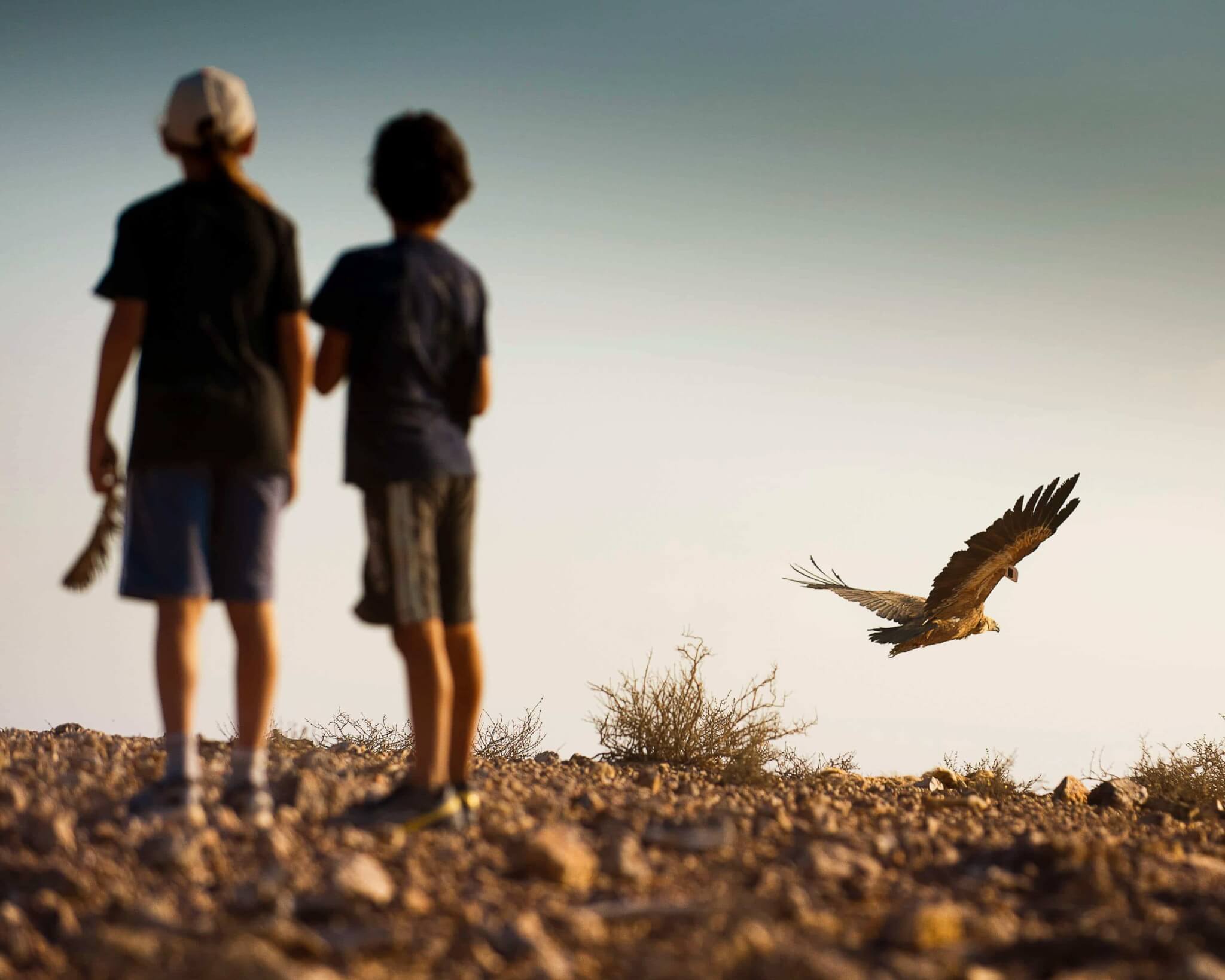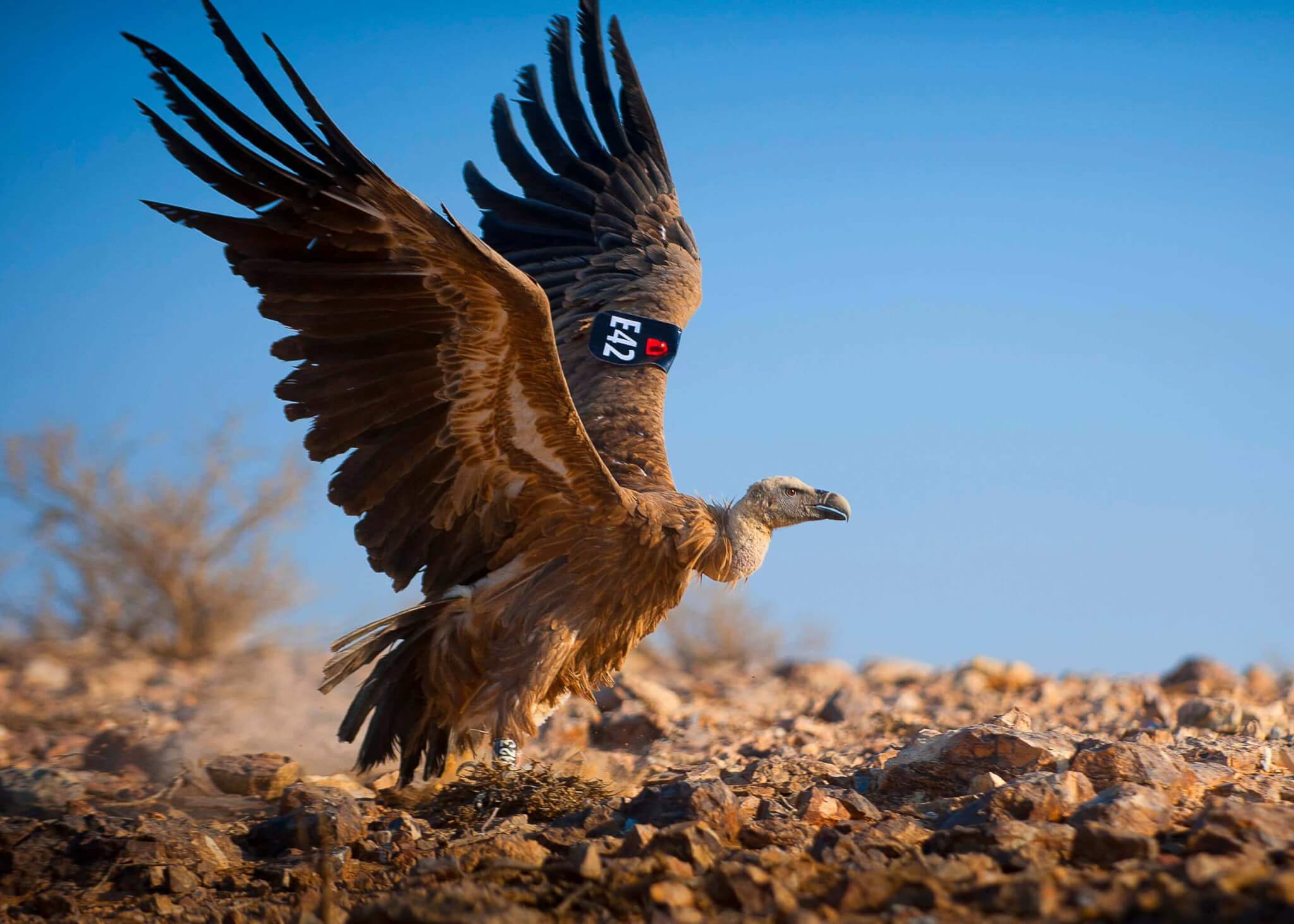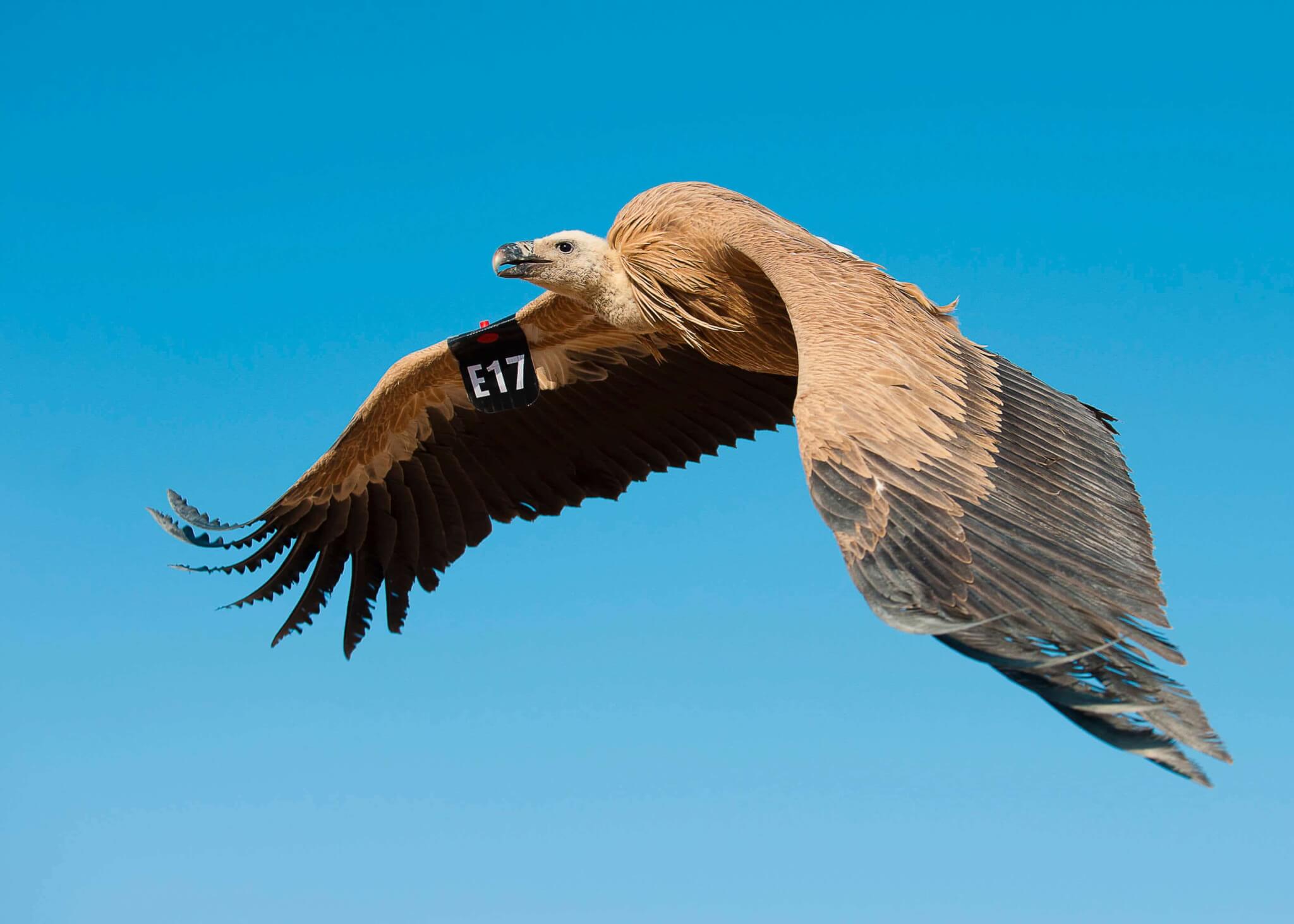Environmental, Academic and Educational Activities
Chemistry studies encouragement project, with the Weizmann Institute
“We’ve Got Chemistry!” is a project for the encouragement of studies in chemistry and the chemical industry in Israel, the fruit of collaboration between ICL, the Department for Teaching Sciences at the Weizmann Institute of Science and the Supervisor of Studies in Chemistry at the Ministry of Education. The project, conducted at the Davidson Institute of Science Education, the Weizmann Institute’s educational branch, exposes students topics relating to the applied uses of chemistry in our daily lives and in industry, presents before the younger generation chemistry’s importance and contribution to humanity, helps develop skills in science, encourages creativity and exemplifies diverse talents and skills. In addition, the project enables participants to address dilemmas relating to chemistry and their connection to modern society. Volunteers from ICL in various disciplines serve as lecturers, evaluators and members of the project’s steering committee. ICL also funds the project with an annual contribution.
Rotem Hamidbar – the Negev as a mosaic of changing needs
The Rotem Hamidbar project exposes high school and middle school students in the country’s south to the complex dilemmas of sustainability in the Negev, i.e. security (IDF), settlements, agriculture, tourism and industry. Learning activities in the project lead participants toward the understanding that the Negev is a mosaic comprised of changing needs, with multiple elements combining to create a complete picture.
The project is led by instructors of the Israel Nature and Parks Authority and other environmental organizations trained through a course provided by Kaye College, entitled “Industry and Nature Preservation – the Negev as a Puzzle of Changing Needs”. The course awards two academic credit points and includes lectures by academic teachers, as well as persons taking part in the complex fabric of the Negev. ICL is represented by employees from its production facilities.
The Rotem Hamidbar program has been operating in its current format for about five years. The pilot was organized together with the Israel Nature and Parks Authority and, following its success, additional environmental organizations joined the program. The Ministry of Education selected it as a seminar program for the teachers of Israel nature and culture studies in the southern region.
Bio-Study Projects for Matriculation
Research regarding ecological reconstruction of disturbed areas (mines), conducted by Prof. Yaron Ziv of the Ben Gurion University, is a unique and groundbreaking study on an international level. The study analyzes the abiotic and biotic factors of the natural environment, while comparing it to an artificial environment after reconstruction of mines. The study is structured as a “living laboratory” – a dynamic and accessible system that is open to groups of students, teachers and environmental educators, as part of which high school students in the south conduct bio-study projects as part of their biology studies matriculation requirements. In 2017, 10 classes participated in the project. In 2018 and 2019, 12 classes participated in the project, a total of 1,300 high school students.
In the 2018-2019 school year, about 420 high school students from 12 high schools all over the Southern District took part in the project as part of their biology studies (schools participating the project: Comprehensive High School A, Be’er Sheva; Zinman High School, Dimona; AMIT Religious Comprehensive High School, Be’er Sheva; Salman Al-Huzeil High School; Meir High School, Kiryat Gat; Al-Najah Comprehensive High School, Rahat; Zeviya Yeshiva, Ashkelon; Mevo’ot HaNegev; Arad Environmental Education Ulpanah; Environmental Education High School, Sde Boker; Eshel HaNassi; Comprehensive High School G, Ashdod).
The project is carried out thanks to the cooperation of scientists, industrialists and educators, and within its framework the students learn of the complexity of nature preservation and the difficulties in reconstructing disturbed areas. They also study ecological research methods, the collection and processing of data, academic work and research methods practiced in academia. In addition, they become familiarized with the needs of industry – ICL plants – and the inseparable link between human beings and their environment. The practical and educational value of the project is great, and it serves as a broad platform for understanding the importance and significance of ecological reconstruction. The hands-on encounter with the field, data collection, phenomena analysis and guidance by both young and veteran experts, all ensure a strong connection between the teenagers and the environment, and education in positive citizenship and the preservation of nature.
The students take part in a process of ecological scientific study that includes three sessions:
- Preliminary workshop at the school – the objectives of the preliminary workshop is to provide the students with meaningful comprehension of the scientific process and scientific thought, to familiarize them with basic ecological precepts of an ecosystem and its constituent components, to expose them to the complexity of practical ecology and ecological reconstruction in phosphate mining sites, and to conduct a directed, structured study according to the principles of scientific thought.
- A day-trip to the mining areas of ICL Rotem’s plants. The objectives of the trip: learning of the region’s ecology, introduction to adjustment phenomena of organisms and the environment, to work using ecological study methods and collect data in the field, and hands-on experiential activity about scorpions \ bird-tagging at the Duchifat Center in Yeruham.
- Concluding session at the school – this session’s objectives are to refresh and systematically review the findings in the field, present results, analyze them and compare them to projections and hypotheses, and reach conclusions.
This unique program continues to evolve thanks to the joint educational and value-oriented vision of all the partners taking part in this meaningful project, who invest their time and efforts in its success.
Academic Partnerships
ICL participates in academic partnerships with higher education institutions in Israel. One such example is its collaboration with the Department of Management at Ben Gurion University. An academic course on the Principles of Sustainability, with a focus on industry, that allows students to visit ICL facilities in southern Israel and learn about issues of sustainability that are relevant to this industry. Yet another collaboration between ICL and the Ben Gurion University is within the framework of a study on the ecological reconstruction at Rotem mines, initiated and promoted by ICL. The study is led by the Spatial Ecology Laboratory, headed by Prof. Yaron Ziv.
In addition, ICL collaborates with the Sami Shamoon College, the Kaye College and other educational institutions on programs in environmental studies, sustainability, chemistry and more. Students from all academic institutes studying topics relevant to ICL’s core issues are invited to visit ICL plants, as well as to learn and become familiar with the topics relevant to their field of studies.
Young Entrepreneurs – Doing Business
“Young Entrepreneurs – Doing Business” is a program that supports innovation and entrepreneurship in high schools. The program provides real-world experience in the development and management of business enterprises for high school students, from 9th grade and upwards, through groups formed in schools, community centers and other informal educational institutions. Over the course of a full year, students participate in weekly two-hour sessions, during which they learn about entrepreneurship and economics. The students experience the full life cycle of their own business – from initial fundraising, formulating an idea for a product or service, appointing position-holders, development, production, marketing, advertising and sales, all the way through to liquidation and division of profits. The products and services are freely designed, planned and developed by the students, within the framework of an industrial model.
ICL is proud to support these groups. ICL employees, including senior managers, counsel the groups and give lectures during seminars and mentoring days. The Young Entrepreneurs program opens-up opportunities for youngsters, while developing personal skills and capabilities, teamwork, development and realization of ideas and the formation of business ties with companies operating in the local economy.
Student Scholarships
ICL is proud to support hundreds of university and college students through scholarships provided by ‘Perach’ and other non-profit associations. ICL believes that education is the key to professional and personal success, and that aiding young people to acquire education will benefit society at large.
Computer Literacy for Children in the South
ICL supports the ongoing activities of “A Password for Each Student”, an initiative that provides basic and comprehensive solutions for the education system, from the user, through the classroom, school and education system, comprising a computerized community for the residents of the area. ICL’s support enables around 15,000 students in the Negev to benefit from digital accessibility, collaboration and access to knowledge, application of learning processes and organization, as well as an ongoing contact between all program users, wherever they are located.
Strengthening Birds of Prey Populations in Southern Israel




For several years the Israel Nature and Parks Authority and ICL have been conducting a project to help strengthen the population of birds of prey in southern Israel and to prevent their extinction from this region.
A vulture nesting area is located near the Heimar stream close to a phosphate mine operated by ICL in the Hatrurim field. ICL has assumed responsibility for this project to minimize any damage that may be caused to birds of prey populations in the eastern Negev.

